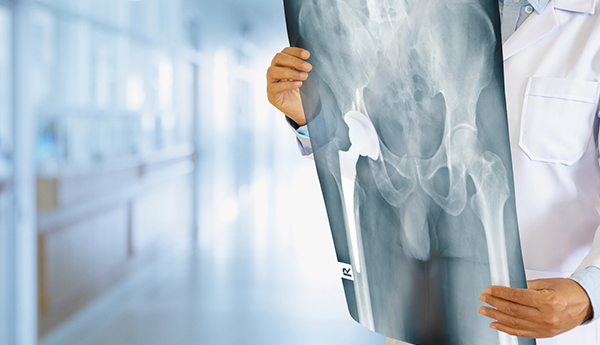
If persistent hip pain continues despite conservative treatments, surgery might be on your mind. Robotic-assisted hip replacement is gaining popularity for its precision and tailored benefits. But how does it measure up against traditional methods? Let’s look at what long-term studies reveal about its effectiveness—and whether it could be the right choice for you.
Enhanced Precision and Component Positioning
One of the primary advantages of robotic-assisted hip replacement is the improved accuracy in component positioning. Studies have shown that robotic systems provide more precise alignment and placement of implants.1 This precision can lead to better joint function and longevity of the implant.
Reduced Postoperative Pain
Robotic hip replacement surgeries often employ minimally invasive techniques, resulting in smaller incisions and less tissue disruption. This approach can lead to reduced postoperative pain and quicker recovery times. Patients undergoing robotic-assisted hip replacement have been found to require less pain medication compared to those who have conventional surgeries.2
Clinical and Functional Outcomes
Research comparing robotic-assisted total hip arthroplasty (rTHA) with conventional methods indicates that patients undergoing rTHA often experience slightly improved clinical outcomes. A systematic review of randomized controlled trials found that robotic surgery did show a reduction in leg length discrepancy, which can be crucial for patient comfort and mobility.3
Reduced Revision Rates
Long-term data suggest that robotic-assisted surgeries may lead to lower revision rates. The precise placement of components reduces wear and tear, potentially extending the life of the implant. Some studies have reported that patients who undergo rTHA have fewer revisions compared to those who had conventional hip replacements.4
Robotic hip replacement shows promising long-term benefits, especially in precision and reduced revision rates. Current data highlights robotic-assisted surgery as an excellent option for patients considering hip replacement.
AUTHOR: Dr. Christopher W. Palmer, DO is board certified, fellowship-trained Orthopaedic Surgeon at Signature Medical Group in Missouri, specializing in robotic-assisted hip and knee replacement. Dr. Palmer has specialized training in the Mako SmartRobotics ™ System with a focus on compassionate, individualized patient care.
Reference:
1. https://link.springer.com/article/10.1007/s11701-024-01949-z
2. https://consultqd.clevelandclinic.org/patients-use-less-pain-medication-after-robot-assisted-hip-replacement-compared-with-conventional-surgery
3. https://link.springer.com/article/10.1007/s11701-024-01949-z
4. https://link.springer.com/article/10.1007/s13534-023-00312-9




